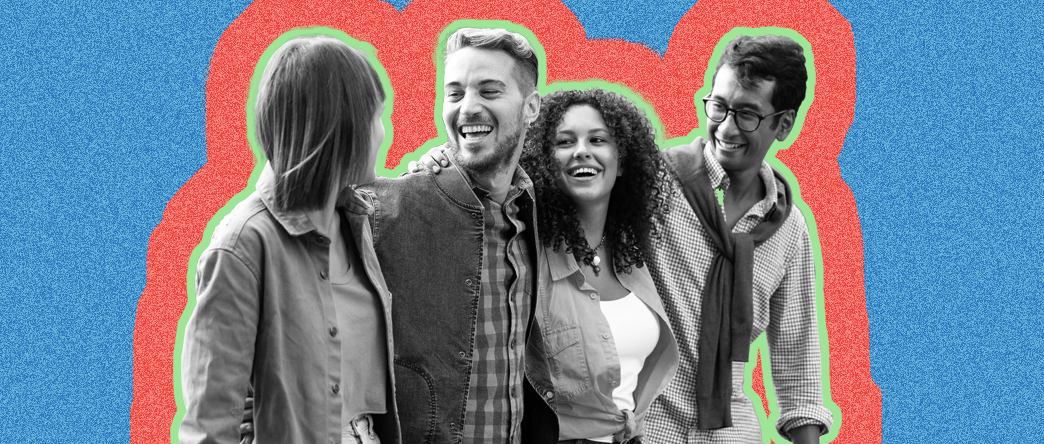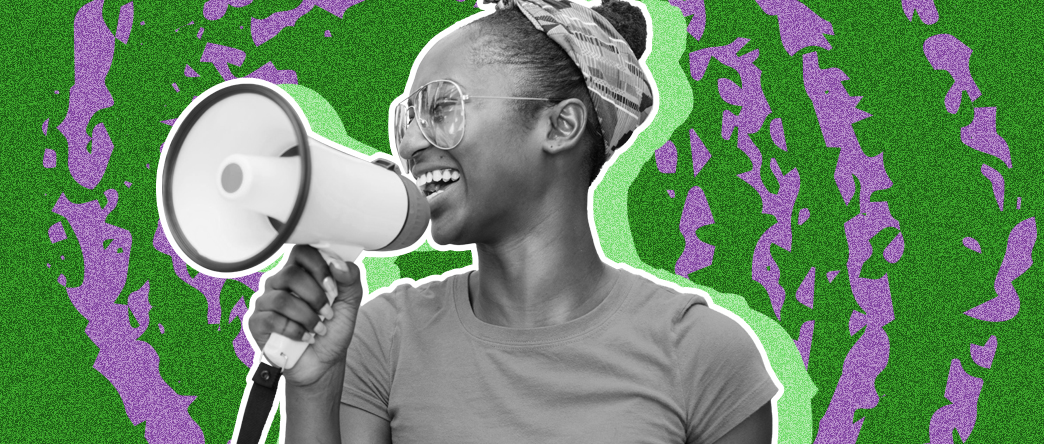Learn About RAINN: Our Mission, Our Work, Our Impact
RAINN is the nation’s largest anti-sexual violence organization and operator of the National Sexual Assault Hotline.
We are changing the way the nation thinks about and responds to sexual violence by expanding prevention, ensuring justice, and providing healing to create safer communities.

RAINN’s mission is to stop sexual violence by supporting survivors, holding perpetrators accountable, and creating safer communities.
Our Foundation
Changing Minds. Changing Laws. Changing Lives.
Prevention. Changing Minds.
RAINN shares knowledge and shapes public understanding about prevention and response, and inspires a commitment to act.
We change minds by educating the public through media, entertainment, and direct outreach. We inspire people to take action to create safer communities.
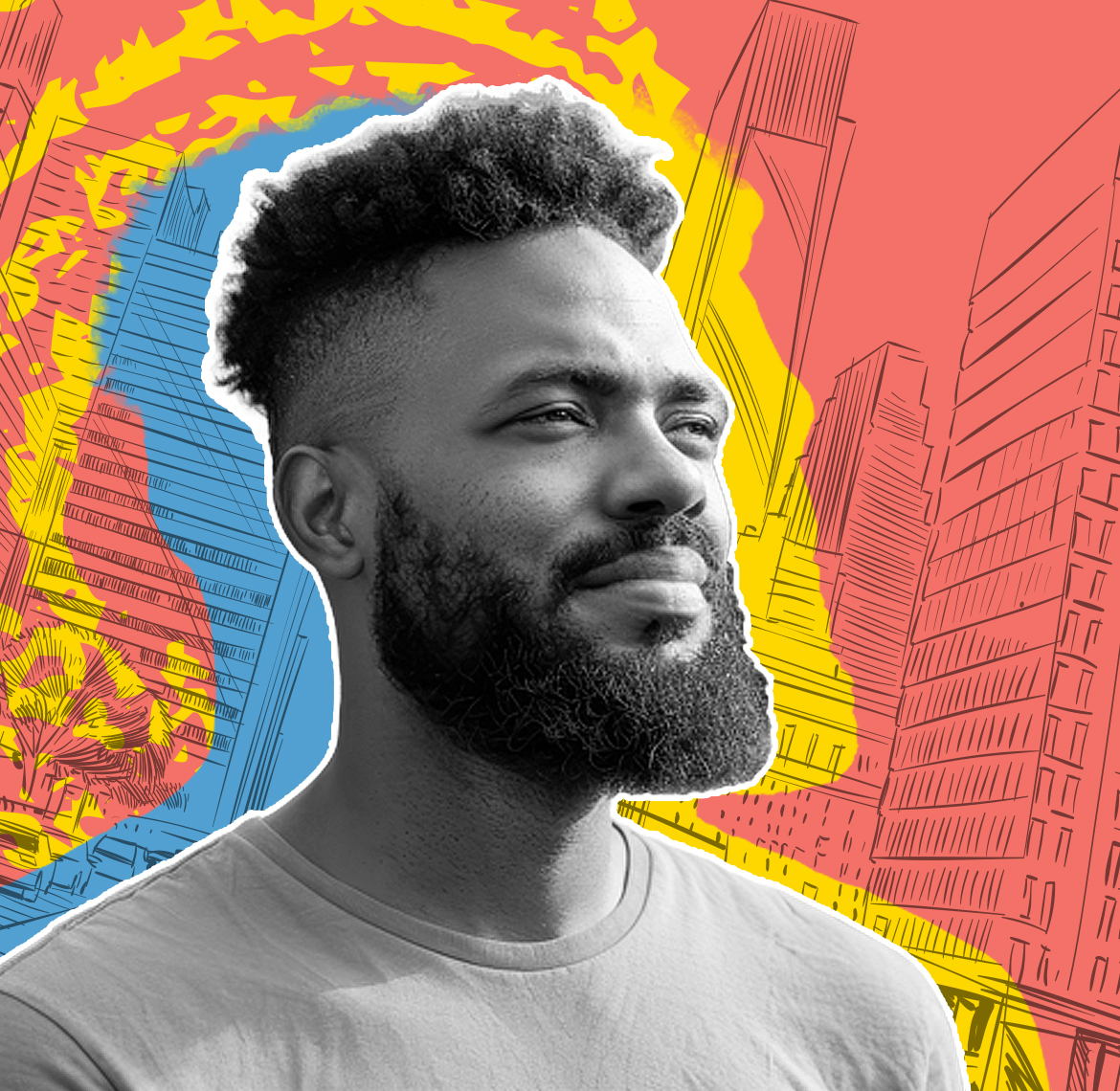
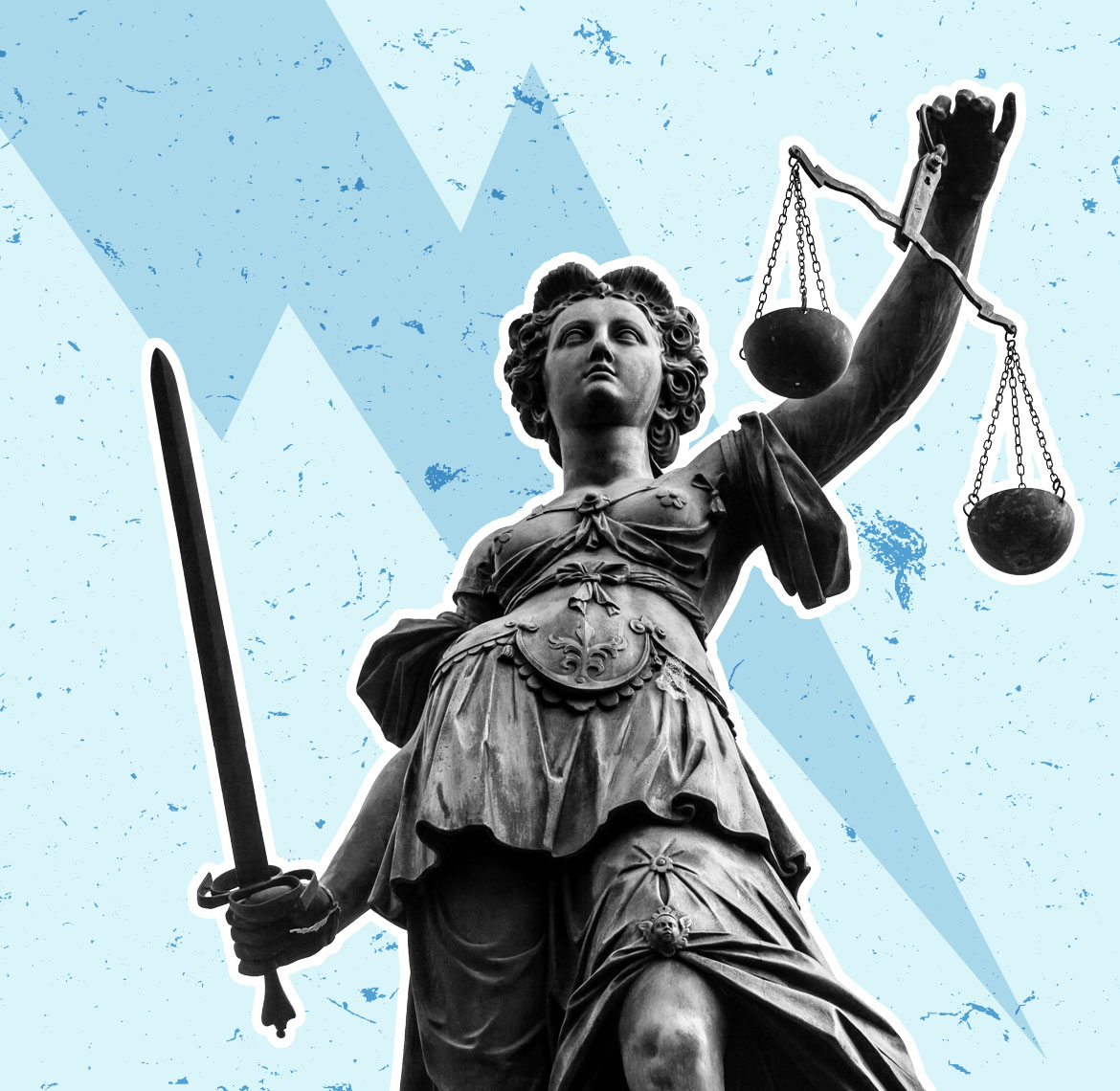
Justice. Changing Laws.
RAINN believes every survivor deserves justice and works to hold every offender accountable.
We change laws by leading bipartisan federal and state policy campaigns to ensure justice. We help legislators understand the problem, and partner with them to solve it.
Healing. Changing Lives.
RAINN gives survivors hope, and provides the support and tools they need to heal.
We change lives by providing support through the National Sexual Assault Hotline, DoD Safe Helpline, and other programs. We give hope to survivors that healing is within their reach.
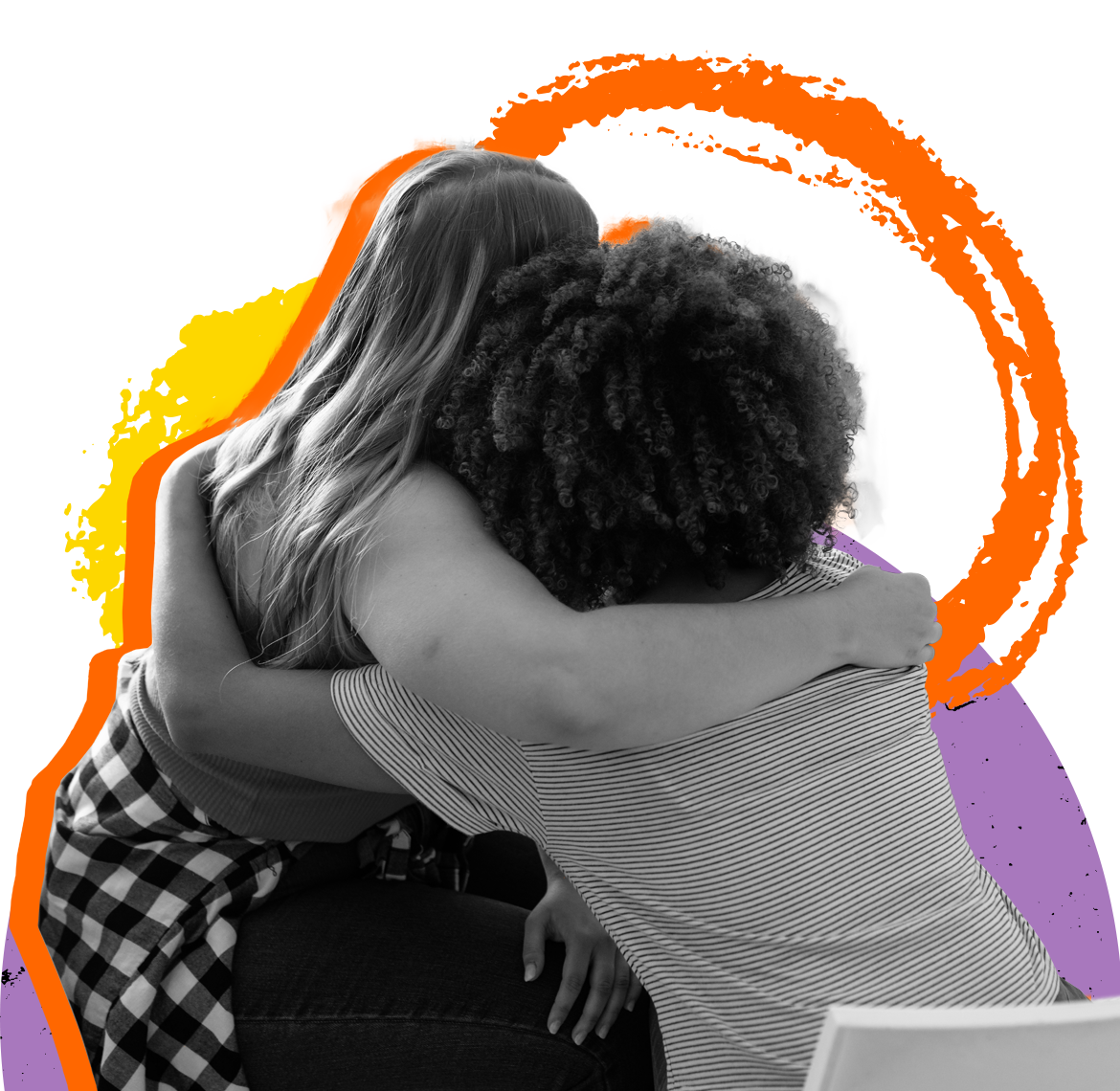
Our Beginning
On July 8, 1994, RAINN answered the first call to our National Sexual Assault Hotline.
Created and operated in partnership with more than 1,000 local sexual assault service providers across the country, this flagship hotline and our victim service programs have helped more than 5 million survivors of sexual violence and their loved ones.
RAINN’s National Sexual Assault Hotline.
If you or someone you know has experienced sexual violence, free, confidential, 24/7 support in English and en Español is available. Call 800.656.HOPE (4673), chat online, or text HOPE to 64673.
What We Do
Support & Services
RAINN provides free, confidential support services and information to survivors of sexual violence, available 24/7 by phone, chat, or text.
Education & Community
RAINN educates adults and kids to recognize, prevent, and respond to sexual violence, empowering everyone to create safer communities.
RAINN’s work is fueled by hope, driven by courage, and guided by community.
Who We Are
Explore our strategy, review our impact, celebrate our partners, and meet our people. You’ll understand why we’re one of the nation’s top-ranked nonprofits.

Our Impact
5M+
RAINN’s victim service programs have helped more than 5 million people since 1994.
100%
RAINN secured overwhelming bipartisan support for every bill we endorsed in 2024.
38,000
RAINN and the National Sexual Assault Hotline appear in the media an average of 38,000 times every year.
Our Progress
1994: Bringing the National Hotline to Life
We launched with a clear but ambitious mission: to fill a critical gap by creating the country’s first national telephone hotline for survivors of sexual assault—a need recognized for decades.
Our first role was connecting service providers across the country, which is why “network” is in our name: Rape, Abuse & Incest National Network. Today, we partner with more than 1,000 local sexual assault service providers.
On July 27, 1994, musical artist Tori Amos made the ceremonial first call on what was then called the RAINN Hotline—now known as RAINN’s National Sexual Assault Hotline.
1995–2000: Sparking a National Conversation
Building a national brand on a small budget meant thinking creatively. We partnered with dozens of artists, musicians, and media outlets to amplify our message. We worked closely with the music industry, TV networks, and journalists to spread the hotline number and encourage survivors to seek help.
A milestone moment came when the national broadcast networks agreed to air PSAs on sexual violence for the first time in history.
Late 1990s–2005: Exposing the Rape Kit Backlog
In the late ’90s, we learned the shocking fact that thousands of untested rape kits were being held in storage throughout the U.S. Investigative journalists across the country jumped into action, transforming a local issue into a national crisis.
In 2003, as RAINN advocated for change, Congress passed a bipartisan joint resolution officially recognizing April as Sexual Assault Awareness and Prevention Month (SAAPM) and specifically citing RAINN’s National Sexual Assault Hotline as a critical support for survivors.
The following year, RAINN’s ongoing advocacy led to the passage of the Debbie Smith Act (2004). This landmark legislation—directly driven by RAINN’s efforts—became the most effective anti-rape legislation in history, securing more than $1 billion in funding to test rape kits and helping identify hundreds of thousands of criminals through the FBI’s DNA database system.
Soon after, our work led to the DNA Fingerprint Act of 2005 and the Sexual Assault Forensic Evidence Reporting (SAFER) Act in 2013.
2006–2015: Meeting Survivors’ Evolving Needs
We launched the National Sexual Assault Online Hotline in 2006—the web’s first secure, 24/7 online-based hotline service. To ensure anonymity for survivors, RAINN created a first-of-its-kind proprietary hotline platform, winning the NPower Award for the best use of technology by a nonprofit (2007). With the rise of digital support tools, we unified our services under the National Sexual Assault Hotline, which today offers help by phone, online chat, and text.
In 2011, we developed DoD Safe Helpline for the Department of Defense, which provides phone, online chat, and text-based support services to the U.S. military community worldwide. We added the Safe Helpline Mobile App, recognized with the President’s Award for Innovation from the American Telemedicine Association (2013).
That same year, we introduced Safe HelpRoom, a secure, moderated group chat. By 2015, we had expanded 24/7 support for Spanish-speaking survivors through the National Sexual Assault Hotline.
2006–2015: Educating the Media and Public
With sponsorship from MTV, we established RAINN Day (the second Tuesday in April), uniting survivors, speakers, and artists for a day of awareness and activism on college campuses.
In 2007, with bipartisan support in Congress, more than 1,000 radio stations paused their programming at noon to air messages about RAINN and sexual violence.
We also began partnering with TV networks to work directly with writers and producers on accurate portrayals of sexual violence—most notably in 2012, when ABC’s Private Practice made TV history by portraying a male military sexual assault survivor.
2006–2015: Advancing Policy and Justice
Congress federally authorized RAINN’s National Sexual Assault Hotline in the Adam Walsh Act (2007).
We strengthened our role as a pro-criminal justice, pro-prosecution organization—advocating for policies that increase accountability and ensure more rapists are convicted.
We also helped reauthorize the Violence Against Women Act (VAWA).
2016–2024: Supporting More Survivors Than Ever
Over the last decade, RAINN experienced rapid expansion, averaging 25% annual growth. In 2024 we completed a three-year project to double the capacity of the National Sexual Assault Hotline and reduce wait times by 97%., so we can now support more survivors than ever before.
If you or someone you know has experienced sexual assault, you are not alone. RAINN’s National Sexual Assault Hotline offers free, confidential, 24/7 support in English and en Español.
Join Our Community
Join the Fight for a World Free from Sexual Violence
Sign up for inspiring stories, important updates from RAINN, and tools to take action in your community.
